March 1, 2023 @ 12:00 PM – 1:15 PM
If you are a farmer interested in opening a farmstand on your property, please join us to learn about key federal, state and local regulations that impact small food producers who seek to make and sell value-added products from home. We will cover what’s allowed when selling meat, eggs, dairy, cottage foods such as pickles and baked goods, and more, and explore the legal solutions that can help these businesses grow and thrive.
Related Events
As part of Black History Month, we’re highlighting how Connecticut’s Black-owned farms are planting the seeds for the state’s agricultural future. In addition to providing CT Grown products for the market, Black farmers are often actively involved in nonprofit groups working to improve access to fresh food in Connecticut’s cities through urban farms, community gardens, educational programs, and more.
Agriculture remains a predominantly White profession; just 2 percent of farmers in the United States are Black. The ratio is similarly lopsided in Connecticut. The last USDA Census of Agriculture in 2017 found just 25 Black farmers responded among Connecticut’s more than 9,500 agricultural producers.
Yet many young Black farmers are actively working to change perceptions about farming and encourage people of color to consider it as a career. Let’s take a closer look at some of these producers, how they’re shaping the future of CT Grown, and how you can support them.
Echo Farm
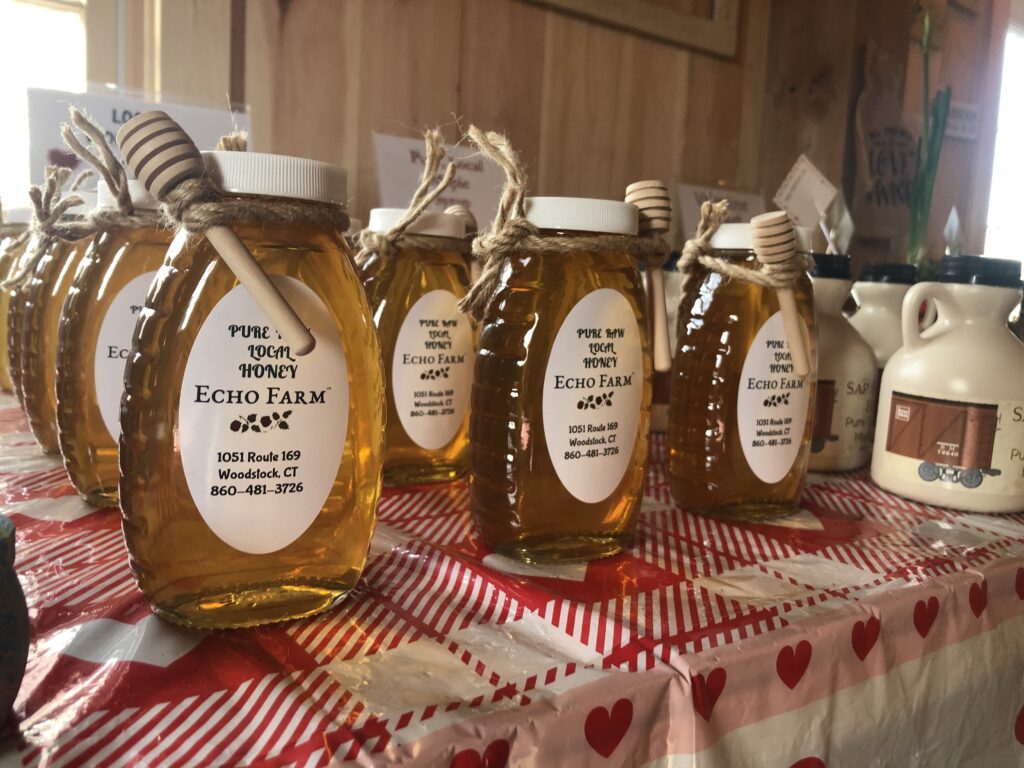
In a profile for the Boston Globe, Robert Chang recalls how he would visit his grandparents’ small farm while growing up in Jamaica. But he didn’t give agriculture a try until he was in his 30s, when he started a backyard garden at his home in Middletown. This proved so bountiful that he set up a roadside stand to sell the surplus.
That surplus inspired Chang to start a larger farm, and in 2015 he purchased a 14-acre property in Woodstock. He now runs Echo Farm, which grows organic produce and cut flowers that he sells to restaurants, at a farm stand, and at farmers’ markets.
Chang balances farming with a full-time career in IT. He co-founded the Southern New England Farmers of Color Collaborative and has been active in other local farming organizations, including CT NOFA and the New Connecticut Farmer Alliance.
Hodges Family Farm
In 2015, Army veteran Anthony Hodges purchased an 1899 farmhouse on the outskirts of Waterbury. His original goal was to renovate the property as a way of dealing with his PTSD. Family members pitched in on the project, and then members of the community started helping to maintain the land every weekend.
Today, Hodges Family Farm is open to the public. Visitors are able to pick their own fruits and vegetables, purchase produce at a farmstand, or make day reservations to simply relax at the farm.
Micro2Life
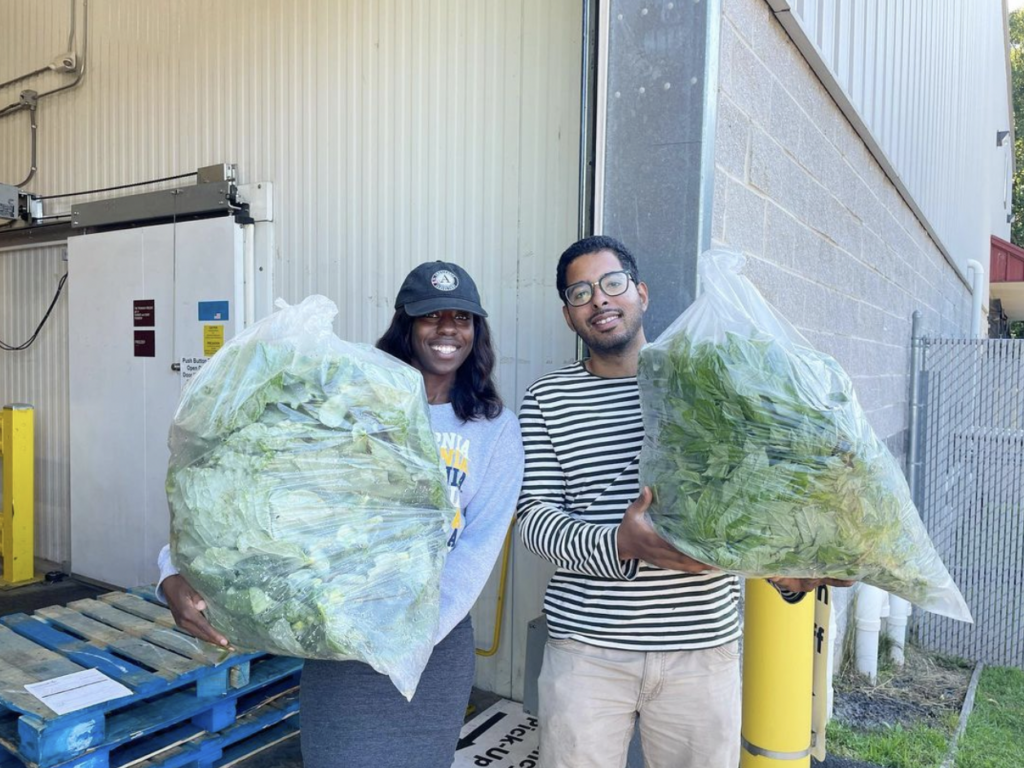
Emmanuel Marte raised his first crop while he was working in Maryland and successfully grew a tomato plant at his apartment. He began experimenting with other crops, such as growing microgreens indoors, and learned more about agriculture through KNOX Hartford after returning to Connecticut.
In 2018, Marte established Micro2Life with Zania Johnson, whom he met while studying biology and nutritional science at the University of Connecticut. Micro2Life grows organic vegetables including hydroponically produced leafy greens, peppers, turnips, and some specialty crops such as Jamaican pumpkins.
The vegetables are sold to customers as well as schools and restaurants, and some are donated to food security programs. In 2022, Micro2Life supplied CT Foodshare with over 4,000 pounds of produce.
Johnson and Marte have actively worked to encourage people to learn more about where food comes from and to consider agriculture as a career. They have given presentations in schools, conducted urban farmer training programs, and led educational courses on hydroponics and growing microgreens.
Park City Harvest

Richard Myers recalls that his classmates sometimes asked him if his name was Shawn while he was studying horticulture at Naugatuck Community College. Eventually he met “the other Black kid in the program,” Shawn Joseph, and the seed of Park City Harvest was born.
The duo founded the company in 2018, currently specialize in microgreens grown in an indoor farm, and are also adding a hoop house and honeybees. In addition, they offer value-added products such as West Indian hot sauce, pickled jalapenos, dried herbs, olive oils, teas, and T-shirts dyed by the flowers and vegetables they grow.
Aware of the small share of Black farmers in agriculture, Park City Harvest operates under the slogan “Changing the Image of Farming.” The business aims to be a supplier of fresh, sustainable, culturally appropriate food in the Bridgeport area.
Myers and Harris say there is sometimes a negative stigma in the Black community that equates farming to slave work, but that they are working to portray agriculture as a means of financial freedom. Their outreach includes a new nonprofit, North Carver Foundation, to “educate, fund, and promote all farmers of color.” They also plan to publish a cookbook and a farming-themed children’s book.
“Having the opportunity to grow food for yourselves and your community and income is empowering,” they say.
Root Life

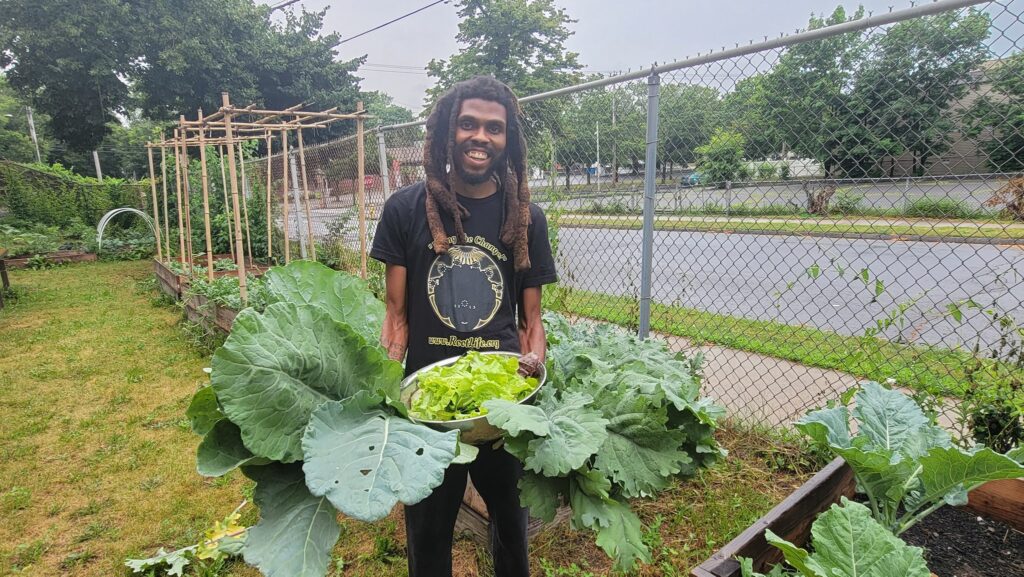
Dishuan Harris’s interest in farming began with a simple realization: while his ancestors had been able to work the land and provide for their families, he only knew how to buy his food.
Harris, a New Haven native, began volunteering with as many local agricultural organizations as he could. He was later hired as a farmer and educator with Common Ground High School in New Haven, then started his own business in 2016 with the goal of sharing the agricultural knowledge he had developed over his career.
Through Root Life, Harris (also known as Native Praxis, or Farmer D) raises organic produce such as berries, herbs, and microgreens. He farms on a selection of different community spaces, totaling about one-sixth of an acre in total.
“These grow spaces are unique because they are in the center of urban neighborhoods that currently deal with food apartheid (food deserts),” says Harris. “As a result, these grow spaces contribute more than just the production of organic produce; these spaces offer a place for the community to connect to each other and reconnect to natural spaces.”
Harris also sells vegan health and beauty products; and provides environmental consulting services on topics like edible landscaping, gardening, and farming. He plans to start selling value-added products made from locally grown and locally produced ingredients.
Harris continues to volunteer with numerous Connecticut urban agriculture groups, helping them in areas such as youth education and the startup and maintenance of community gardens. He has also established other organizations with the goal of promoting sustainability and food sovereignty, including Love Fed and Root Life Media.
Samad Gardens Initiative
Azeem Zakir Kareem remembers that it was a “culture shock” when he started working at Holcomb Farm in West Granby and saw the rows of vegetables. He says urban “food deserts” have led to a significant lack of awareness in Black populations about how their food is sourced.
Kareem had been invited to work at the farm by his wife Sarah Rose Kareem, then Holcomb Farm’s wholesale manager. In 2020, they started their own business, Samad Gardens Initiative, with the goal of inspiring and educating people of color to grow food for themselves and their communities.
Their Windsor Locks farm raises organic produce and medicinal herbs, which are sold at farmers’ markets and donated to organizations such as Connecticut Foodshare. Samad Garden Initiative also creates value-added products such as tea blends, and the Kareems offer numerous educational offerings on topics such as regenerative growing techniques and seed saving.
SEAmarron Farmstead
Liz Guerra and Hector “Freedom” Gerardo were dabbling in agriculture even when living in a Manhattan apartment, composting their food scraps on the fire escape. Shortly after they moved to Connecticut, the couple developed even more of an appreciation for locally sourced food due to the grocery shortages brought on by the COVID-19 pandemic.
As a way of promoting food sovereignty, Guerra and Gerardo established SEAmarron Farmstead on a 3.1-acre plot behind their Danbury home. They tend to a small but diverse farm operation that raises crops including vegetables, apples, and hemp. A small apiary is also on the site.
Both co-founders of SEAmarron Farmstead are involved with the New Connecticut Farmer Alliance. Gerardo has also founded the nonprofit companies E&G Community Builders and 1Freedom for All, both of which encourage people of color to address food insecurity in their communities.
To learn more about the Connecticut Department of Agriculture’s working groups to support diversity, equity, and inclusion in Connecticut agriculture, click here.
February 6, 2023 @ 5:00 PM – 7:00 PM
Are you interested in learning about urban farming? Join this mixer to learn about KNOX’s urban farming program and meet its farmers. Contact Ally at [email protected] for more information.
Related Events
February 22, 2023 @ 10:00 AM – 12:00 PM
The 2023 Tri-State SARE Webinars will focus on soil nutrient management.
Feb. 22: Principals of Nutrient Management (Kirsten Workman, Cornell Extension PRO-DAIRY)
March 15: Integration of Pasture Management and Nutrient Management (Cheryl Cesario, UVM Extension; Rich Meinert, UConn Extension)
April 19: Nutrient Management Decision Making Based on Soil Testing (Heather Darby, UVM Extension)
Related Events
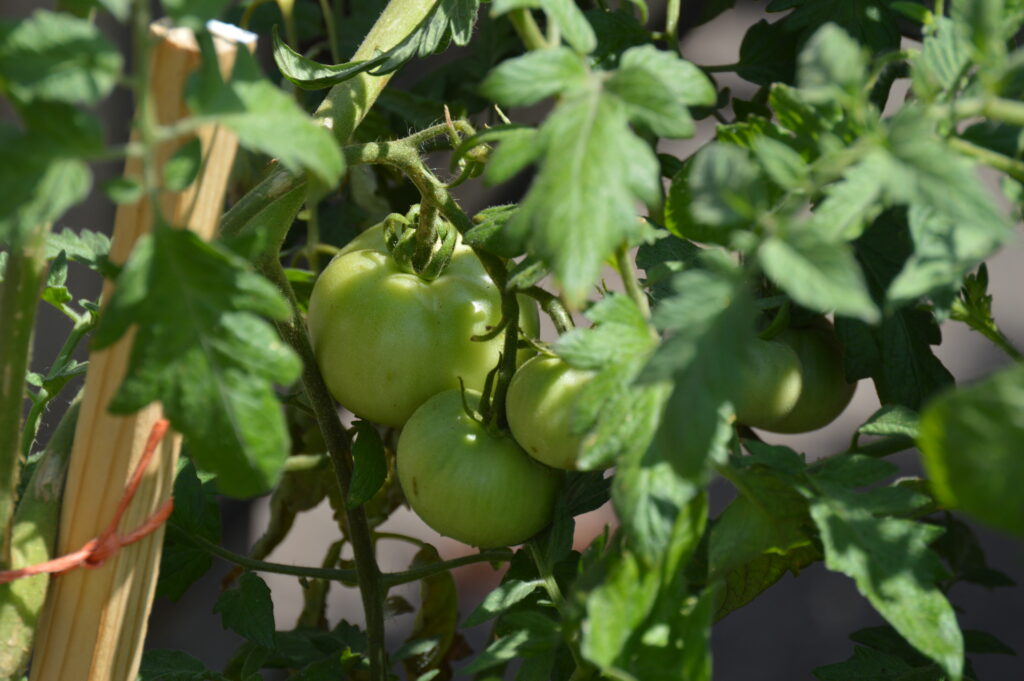
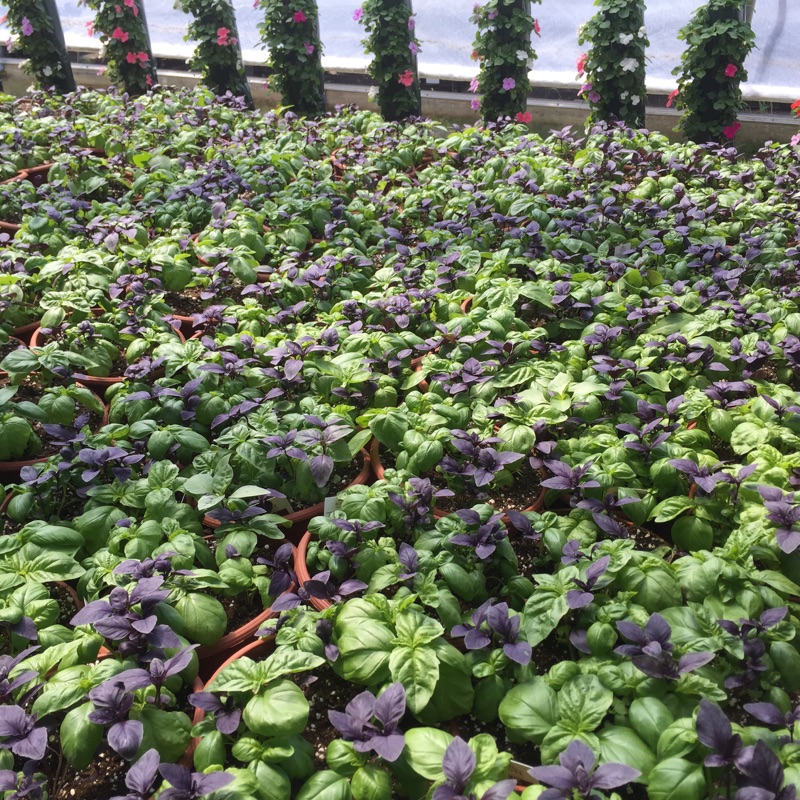
Don’t assume that a farm is closed to customers just because it’s winter. If the CT Grown farm near you has greenhouses on the property, they’ll likely still have their products available at their farm store, or at a winter farmers’ market or grocery store.
Greenhouses play a major role in sustaining CT Grown products throughout the year, representing one-third of the state’s agricultural activity. At last count, Connecticut had 12.7 million square feet of commercial greenhouse space!
Read on to learn about what CT Grown products are available year-round thanks to greenhouses. You can also read our previous articles on hydroponic farms and mushroom farms.
Winter bouquets
Flower cultivation is one of the strongest agricultural sectors in Connecticut, and greenhouses allow these farmers to offer beautiful, fresh bouquets any time of the year. And since greenhouse conditions can be adjusted to create warmer growing conditions, it’s also possible to produce ornamental flowers that wouldn’t be able to grow in Connecticut’s typical outdoor climate.
Look for the CT Grown label on floriculture products like:
- Cut flowers
- Potted plants
- Indoor foliage
- Bedding or garden plants
Protected fruits and vegetables
While the majority of greenhouses in Connecticut support the state’s vibrant floriculture industry, there are also more than 150 farms that grow fruits and vegetables under glass or other protection. This enables CT Grown farmers and producers to continue providing a steady supply of food to stores and winter farmers’ markets throughout the year.
Greenhouses are large enough to support fruiting trees and other crops that need more vertical space. Farmers have also used other protective methods—such as hoop houses, row covers, and high tunnels—to warm the soil, shelter crops from the wind and cold, and extend their growing seasons.
Crops that can be found earlier in the year, or even throughout the year, due to greenhouses and other protective structures include:
- Arugula
- Beets
- Broccoli
- Cucumbers
- Eggplant
- Greens
- Herbs
- Kale
- Lettuce
- Radishes
- Salad greens
- Scallions
- Spinach
- Tomatoes
Explore Connecticut’s greenhouses
There are nearly 600 commercial greenhouses located throughout Connecticut. To find one near you, visit the CT Grown map.
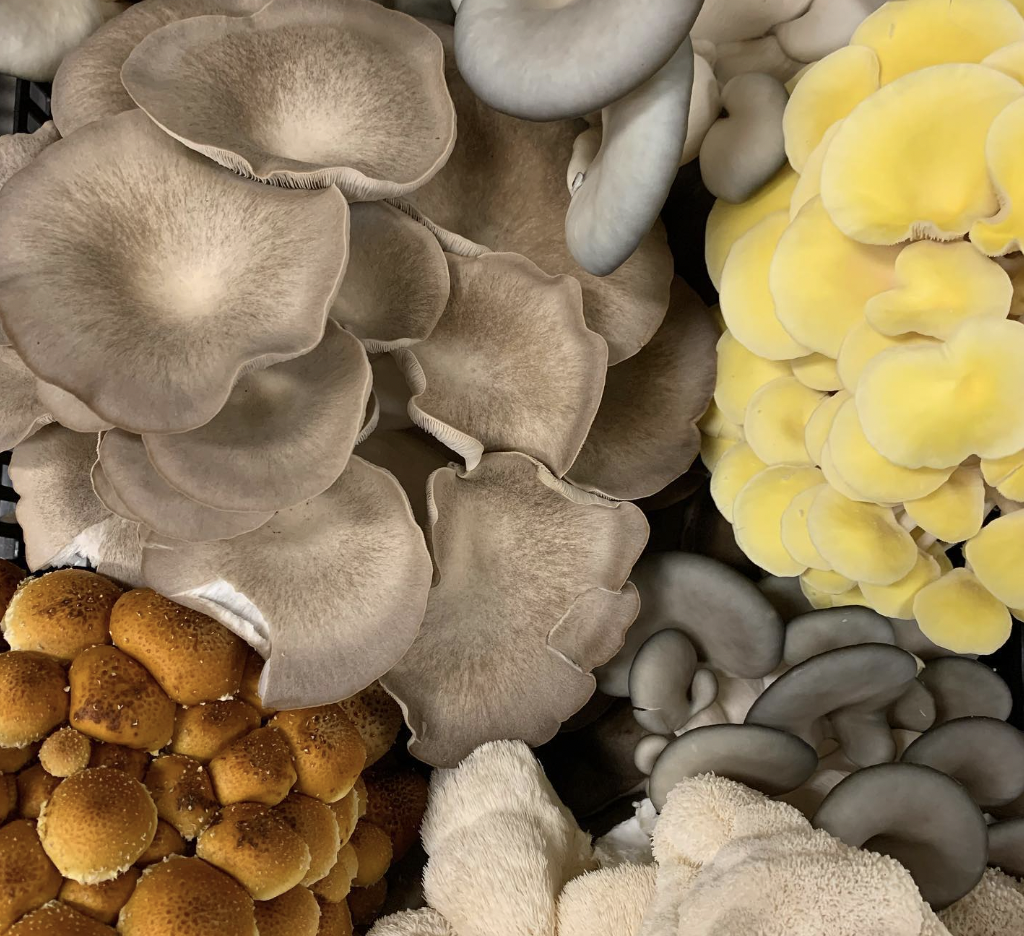
Whether you use them in a stir fry, on a pizza, or with a meat entree, mushrooms are a terrific way to add extra flavor and nutrients to a dish. And you don’t have to go far to find them — mushrooms are a CT Grown crop whose harvest season never ends!
Mushrooms thrive in indoor growing environments, allowing farmers—and consumers—to constantly be collecting them. Read on to find out where you can find CT Grown mushrooms and how you can add them to your dinner plan.
Popular CT Grown mushroom varieties
Indoor farming allows for the production of numerous varieties of mushrooms. Here’s a look at some of the most popular options, and how you can prepare them.
Lion’s mane: A favorite in gourmet cooking, lion’s mane mushroom has a tender texture and juicy flavor that is often compared to seafood. Naturally, this makes it a good choice to accompany dishes like lobster, crab, and scallops — or to serve as a non-meat alternative to these choices in vegetable dishes.
Maitake: Offers a rich taste described as earthy and peppery. It pairs well with vegetable dishes, and is also a good choice for savory entrees like steak.
Morel: With a nutty, earthy flavor, morel mushrooms are a great side dish on their own. They also do an excellent job strengthening the flavors in pasta dishes.
Oysters: A common mushroom with a mild flavor, oyster mushrooms are an easy way to add more nutrients to a meal. There are several different varieties of this mushroom, such as blue oyster and golden oyster, offering subtle differences in flavor.
Shiitake: One of the most popular types of mushroom, shiitake is intensely flavorful with an earthy, buttery taste. It works well as its own dish, on pizza, or with meat or fish.
Explore Connecticut’s mushroom farms
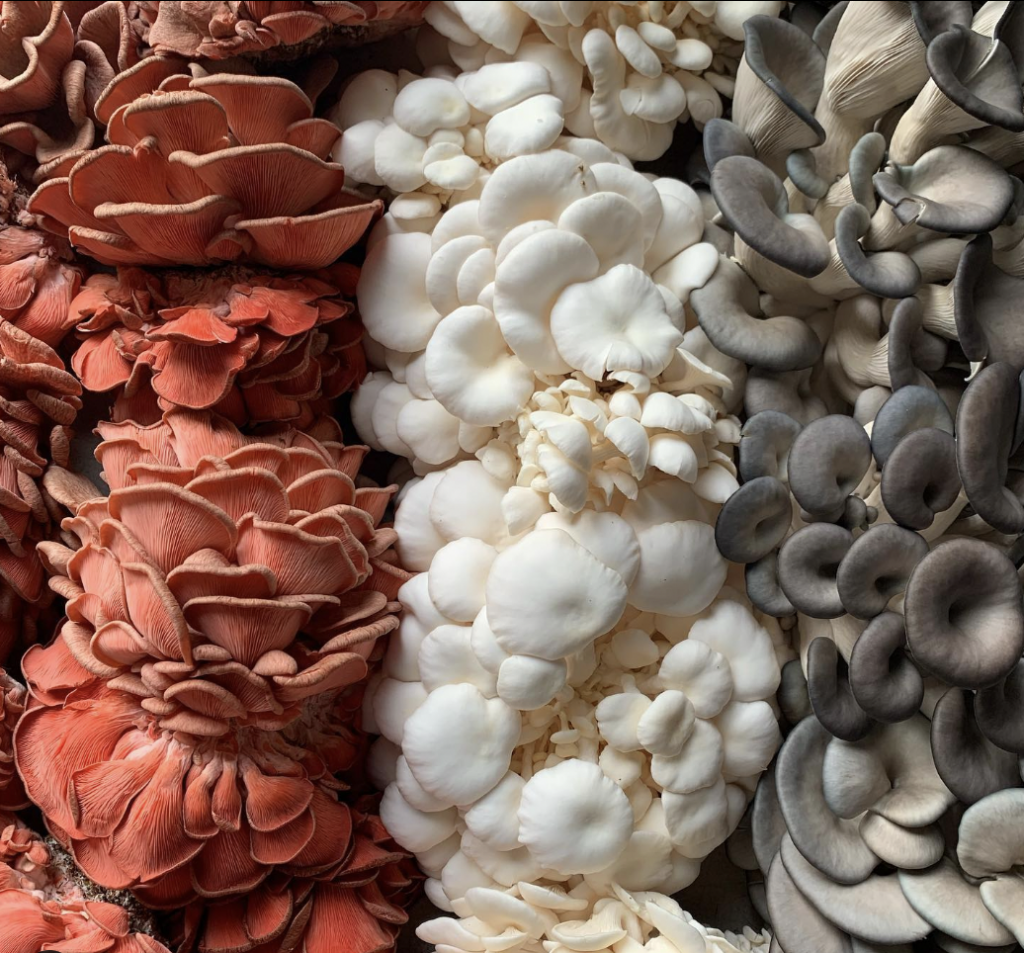
Mushrooms are a fast-growing industry in Connecticut, with USDA statistics showing the number of mushroom farms in the state tripling between 2012 and 2017. Some CT Grown mushroom farms include:
February 9, 2023 @ 3:00 PM – 6:00 PM
Interested in making your farm more resilient? Concerned about climate change? Join us to learn about ways to enable your operation to be sustainable.
Related Events
February 7, 2023 @ 9:30 AM – 3:30 PM
This three-day winter course is for active, commercial farmers looking to transfer their farm to a related or unrelated successor. It is an opportunity for senior farmers and partners to talk with peers, learn from advisors, and get support on succession planning. Farmers do not need to have an identified successor to participate in this course.
Followup courses will take place on Feb. 28 and March 28. Farmers are required to attend all three courses.
Register to participate by Jan. 31.
Related Events
February 23, 2023 @ 10:00 AM – 7:00 PM
Spring in February arrives annually at the Connecticut Convention Center! Explore exhibits overflowing with fresh flowers, plants, herbs, bulbs, seeds, gardening books, garden equipments & much more. View beautifully landscaped gardens full of greenery and stop by the Federated Garden Clubs of Connecticut design & horticulture competition. We also offer over 80 hours of seminars and demonstrations across a variety of topics.
Related Events
“I don’t think I need a box of vegetables every week.”
It’s a leading concern we hear from people who aren’t sure if they’ll benefit from joining a CSA (Community Supported Agriculture) program. They worry that their CSA will have more vegetables than they can use each week (or that it won’t have the kind of produce they’ll use), resulting in wilted vegetables and lost money.
Rest assured, CSAs aren’t just limited to boxes of vegetables; there are options available for a wide variety of products, including meat, flowers, and seafood. Just like traditional CSAs, they allow CT residents to enjoy fresh food, get to know their local farmers and producers, and enjoy member perks while supporting Connecticut’s agricultural economy.
CT Grown farmers have also improved the flexibility of their CSAs in key, innovative ways. Read on to find out about the different types of CSAs that can fit your lifestyle.
Meat CSAs
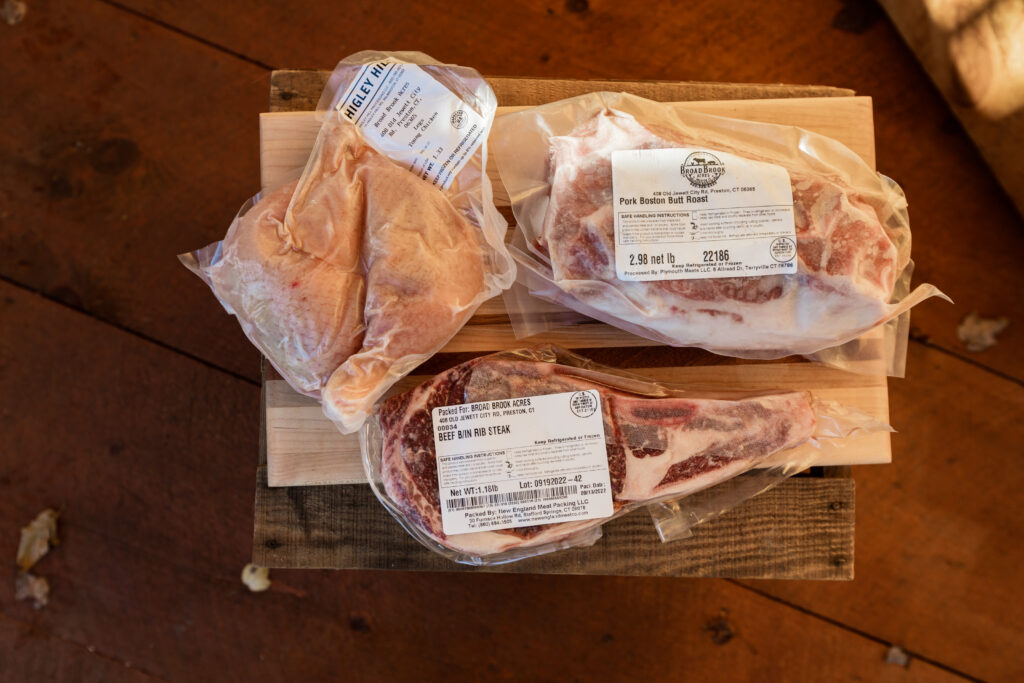
Across Connecticut, livestock farmers are raising thousands of animals from the traditional beef, poultry, and pork to a bit more exotic such as bison and emu.
While traditional CSAs provide different types of vegetables, meat CSAs offer a variety of meat cuts such as chops, sausages, ribs, roasts and ground meat. The program may provide a few pounds of meat every week, or monthly pickups with a larger selection.
CT Grown livestock producers are open to sharing the sustainable practices they use to raise their animals. Some practices include grass-fed diets, pasture-raised practices which are said to yield a higher nutritional value and better taste.
Meat CSAs can work particularly well for those who are worried that their CSA shares will be inconsistent or that they will let food go to waste. Since meat CSAs are based on weight, you’ll be guaranteed a set amount of food with each share. Any meat you don’t use can be stored in the freezer until you need it.
Community Supported Fisheries (CSF)
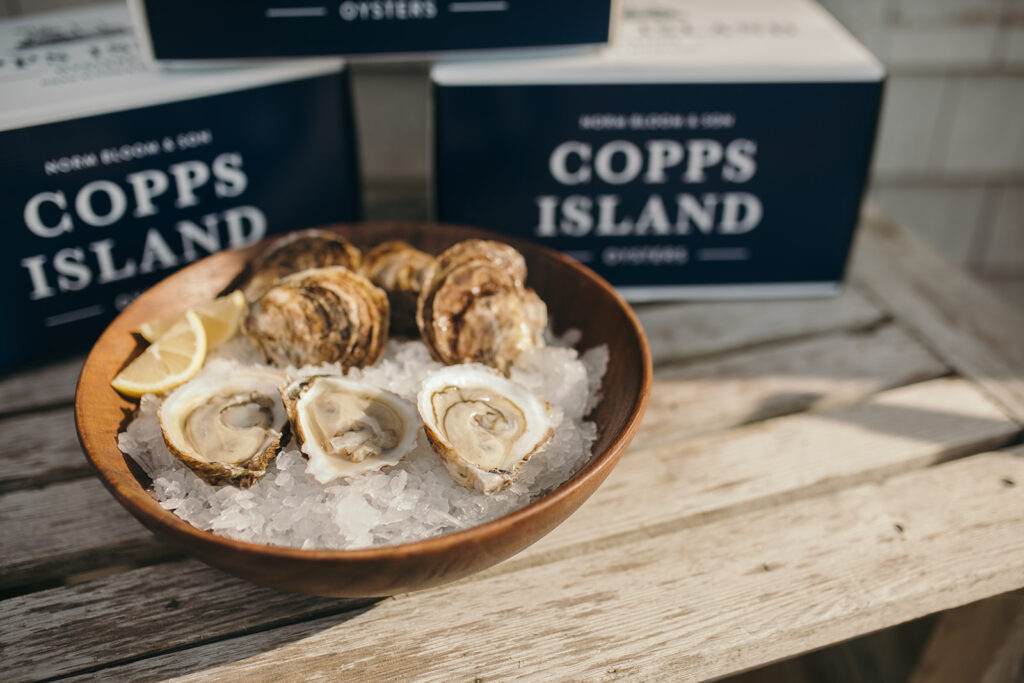
Similar to meat CSAs, Community Supported Fisheries (CSF) programs let you enjoy fresh seafood soon after it has landed on Connecticut’s shores. In exchange for your upfront payment, you’ll get regular shares of aquaculture products like fish, shellfish, and kelp.
CSF programs work to make these products available to the consumer as quickly as possible. Seafood is purchased from local fishermen, then processed and made available for pickup.
While traditional CSAs help farmers cover the costs of each new growing season, CSFs help CT Grown aquaculture producers to pay for expenses like boat repairs and the purchase of new gear.
Flowers and seeds
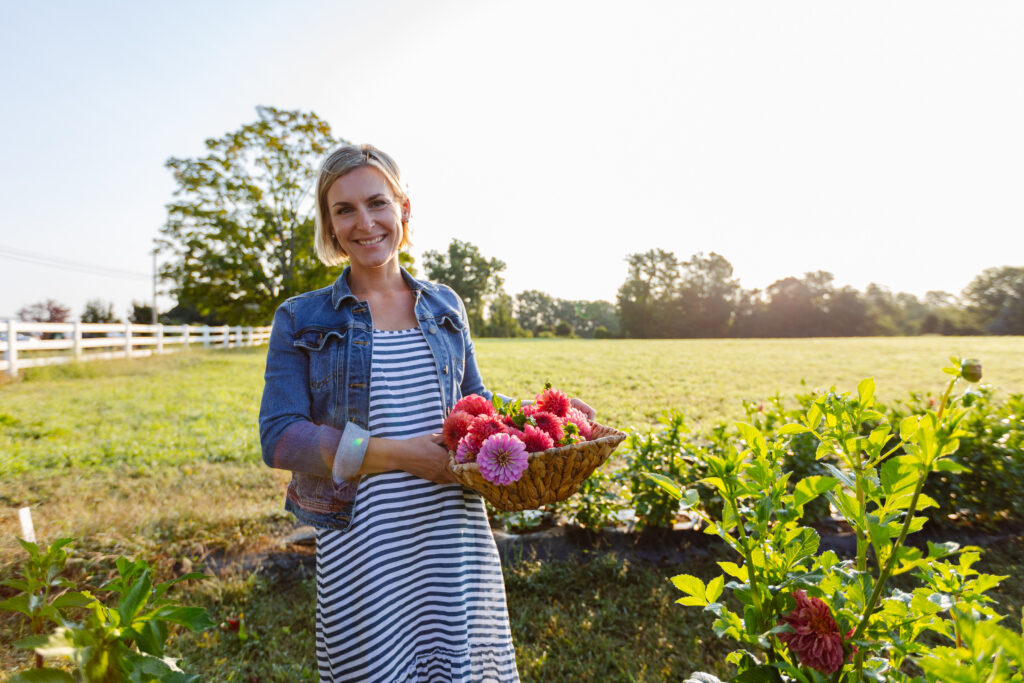
Countless families have picked up locally produced flowers to add beauty and fragrance to their home. If you want to keep these displays as a more consistent part of your home decor, you might consider a flower CSA.
Flower CSAs offer bouquets of flowers with an ever-changing variety based on what’s in season. You may have the option of picking your own flowers, and some CSAs even provide seed packets so you can grow additional lovely blooms in your own garden.
This type of CSA gives you the freshest flowers possible, since you’ll be getting them directly from the farm. It can also be a good option for those looking to try out a CSA for the first time, as flower CSAs tend to be less expensive and cover a shorter span of time.
Subscriptions and customizable shares
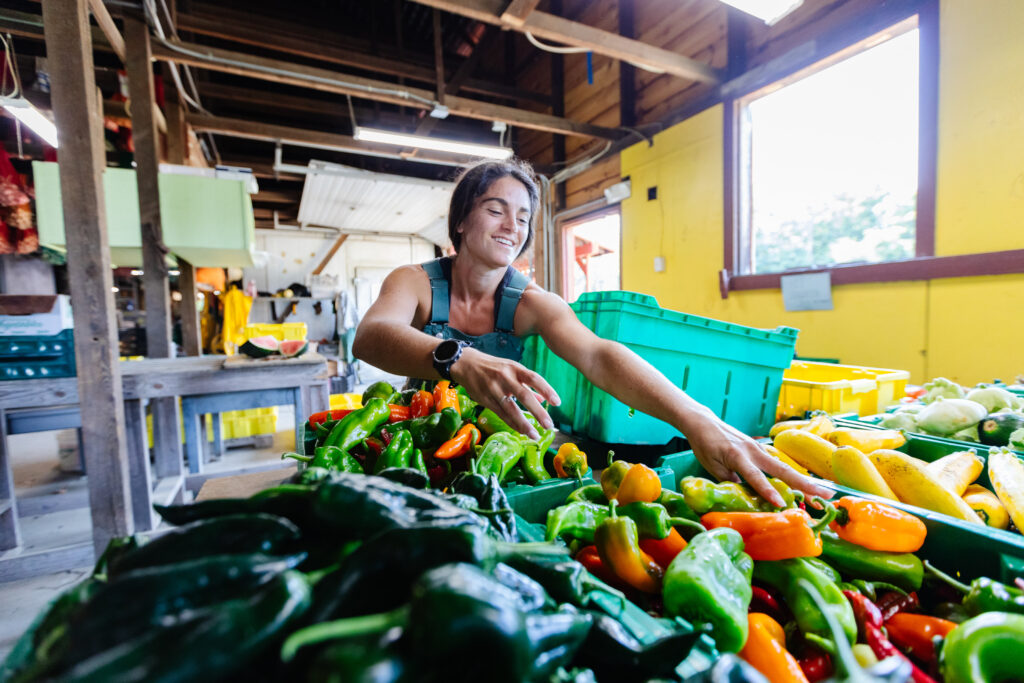
Farms can offer programs that are similar to CSAs but provide more opportunities for flexibility and customization. Vegetable subscription boxes let you choose how frequently you receive your produce and how many weeks your subscription will run. CSAs also may have a “market style” setup, allowing you to pick and choose what you’d like to take home.
Programs may involve collaborations between multiple producers in order to provide a range of goods. Some Connecticut dairy farms have started subscription delivery services that not only bring milk to your doorstep, but also goods like eggs, granola, and breads.
If you frequently use a certain commodity, you may find a farm offering a CSA exclusively for this item. These specialty CSAs include items like bread, cheese, eggs, honey, maple syrup, milk, and mushrooms.
CSAs sometimes invite you to pick your own produce as part of the experience. Instead of getting a preselected portion of fruits or vegetables, you might be invited to head into the fields to take your pick of items like berries, flowers, herbs, hot peppers, snap peas, or tomatoes.
To learn more about how CSAs work, visit our previous blog. To find a CSA near you, visit this map.
